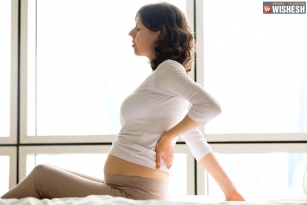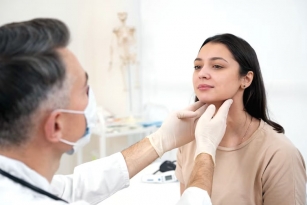
Reduce The Risk Of Menopause With Vegetable Proteins:- According to a study published in the Journal of Epidemiology, the foods rich in vegetable protein such as tofu, enriched pasta, nuts and breakfast cereals are linked to lower risk of early menopause.

The study compared the diet of vegetable proteins to that of animal proteins, and analyzed that the eating habits of 85,000 women, half of whom suffered from early menopause. The natural stage when the menstrual cycle comes to a stop, is defined as menopause. The ideal age for menopause is between 51 and 55 years, but one in 20 women experience menopause up to a decade earlier.
A senior gynaecologist, Geeta Naidu said osteoporosis, cardiovascular disease and neurological disorders, increase the chances of early menopause. The food could impact hormonal changes in the body. “The cycle of menopause is also linked to the genes. The body requires a good intake of lean proteins to help build immunity to deal with the change.”
The women who took vegetable proteins had a 16% lower risk of early menopause compared to women who took animal proteins, said the experts who calculated the amount of food intake.
Those women who are weak are not able to bear the physical stress that the body undergoes, due to the fluctuating levels of hormones. To bear the changes, the proteins give the body strength. Hence its intake in good quantity is important.
Symptoms of Early Menopause:
Early menopause can begin as soon as you start having irregular periods or periods that are noticeably longer or shorter than normal. Other symptoms of early menopause include:
- Heavy Bleeding
- Spotting
- Periods that last longer than a week
- A period after a year of no bleeding
In these cases, see your doctor to check for any other issues that might be causing these symptoms.
Other common symptoms of menopause include:
- Moodiness
- Changes in sexual feelings or desire
- Vaginal dryness
- Trouble sleeping
- Hot flashes
- Night sweats
- Loss of bladder control
- Vaginal atrophy
- Urinary tract infections
- Frequent urination or urinary incontinence
The symptoms that women experience are primarily related to a lowered production of the female sex hormones estrogen and progesterone. Symptoms vary widely because of the many effects that these hormones have on the female body. Estrogen regulates the menstrual cycle and affects the following parts of the body:
- Reproductive system
- Urinary tract
- Heart
- Blood vessels
- Bones
- Breasts
- Skin
- Hair
- Mucous membranes
- Pelvic muscles
- Brain
SUPRAJA














